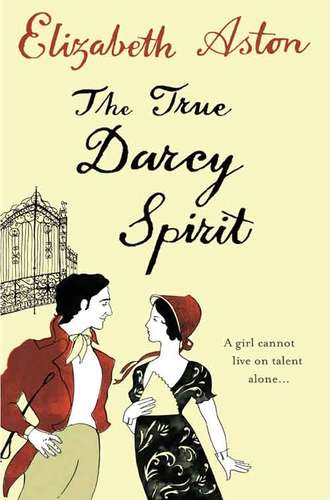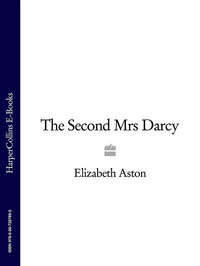The True Darcy Spirit

Полная версия
The True Darcy Spirit
Жанр: зарубежный юмористорическая литературасовременная зарубежная литературасерьезное чтениеоб истории серьезно
Язык: Английский
Год издания: 2018
Добавлена:
Настройки чтения
Размер шрифта
Высота строк
Поля
Конец ознакомительного фрагмента
Купить и скачать всю книгу

